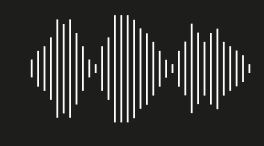Who Are We to Ask?
Luciana Parisi, John Tresch
Cosmologies are technologies. Their stories give meaning and consequence to broader understandings of the world, be they theological, scientific, or otherwise. They make the world intelligible. But when confronted with a vast plurality of cosmological perspectives, how can we determine which of the stories make sense to us? How does the computational structure of reason transform the conditions needed to understand the world?
Through the example of the Yuanming Yuan gardens in Beijing, which mirror those of Versailles, historian of science John Tresch refers to Bruno Latour’s concept of “critical zones,” describing a critical and active relationship between humans and the living world. Tresch reflects on the crossed perspectives that are contemporary to the logic and illogic of digital technology. Cultural scholar Luciana Parisi discusses how algorithmic structures offer a mode of thought different from those that have so far defined the specificity of humanity. How does automated thought affect humans’ approach to reality and how does a computational approach to the world operate?
